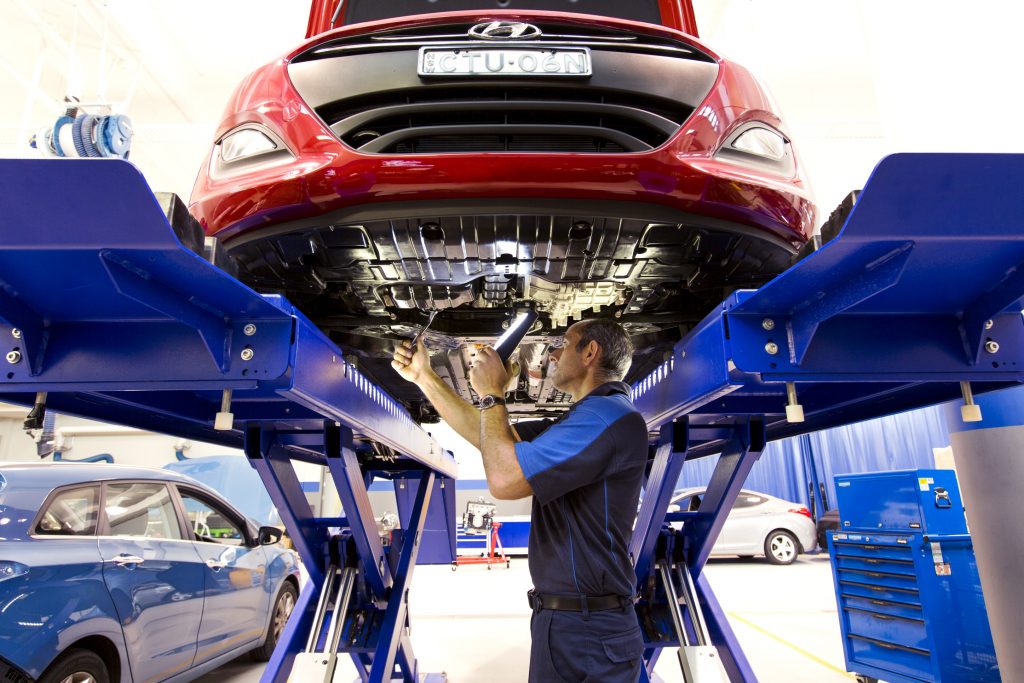DURING THE SUSTAINED COVID shutdowns, slowdowns and general sense of insecurity, many of us have spent much less time on the roads. Now, we’re starting to return to normal and getting back on the roads, now is a good time to ensure that both you and your car are “fit for purpose”.
These six simple tips can make every journey safer and stress-free.
1 Are you ready and fit to drive?
The past year or so has brought unprecedented stress and worry for many, and this can have a significant impact on health. So before embarking on any long journey, take time to confirm you’re feeling well, fit and properly rested. If you have any lingering doubts about your state of health, see a doctor and have a check-up, especially if you are planning a long road trip.
2 Check your documents
While you weren’t driving so often (and had other things on your mind) some bills may have slipped through the net. You should ensure you’re legally allowed to be behind the wheel, so make sure your licence is in date. Some extensions were permitted during lockdown, but don’t take for granted that the date of licence expiry will automatically have been extended.
The same goes for your vehicle. Did you suspend insurance payments while you were not using it? Don’t forget to reactivate them. If you live in a state where a certificate of roadworthiness is a requirement, make sure yours is current. And of course, check to see that your registrations and third party insurance are up to date.

3 Get your car checked
Even if you don’t require a roadworthy certificate because of the age of your car, or a certificate is not mandated in your state, make sure your car is roadworthy. Start with the tyres, which are more likely to have lost pressure if your car has been standing idle for a long period. It’s also important to check the tyres for any obvious signs of wear or damage and ensure they meet road legal requirements.
4 Check your breakdown cover
If you haven’t used your car for a long while, the risk of breaking down is likely to have increased. Just make sure your breakdown cover and auto association membership are current and paid up. If you’re relying on roadside assistance that came with your car, ensure that it hasn’t expired in the interim.

5 Be prepared for busy roads
Lots of factors tell us the roads will be busier. For example, more people will be holidaying in Australia because of ongoing foreign travel restrictions, while many continue to avoid public transport, putting additional vehicles on the road. Plan to travel at times when the roads will be quieter, and build in extra time for your journeys.
6 Stay safe
Before setting off, make sure you pack masks and hand sanitiser for every occupant. Be patient if you have to queue for longer due to social distancing regulations – and follow the signage that’s been put in place to minimise the risk of infections.
These guidelines were suggested by UK motoring assist company GEM, whose chief executive Neil Worth commented: “A few simple steps can help ensure that you and your car are ready for longer journeys. But if you have been off the road for some considerable while, give yourself time to readjust and to get those observation skills working as well as possible.”
“An alert driver in a properly-maintained car means a low risk of anything going wrong.”
And that’s a thought worth keeping in mind every time you get behind the wheel.
